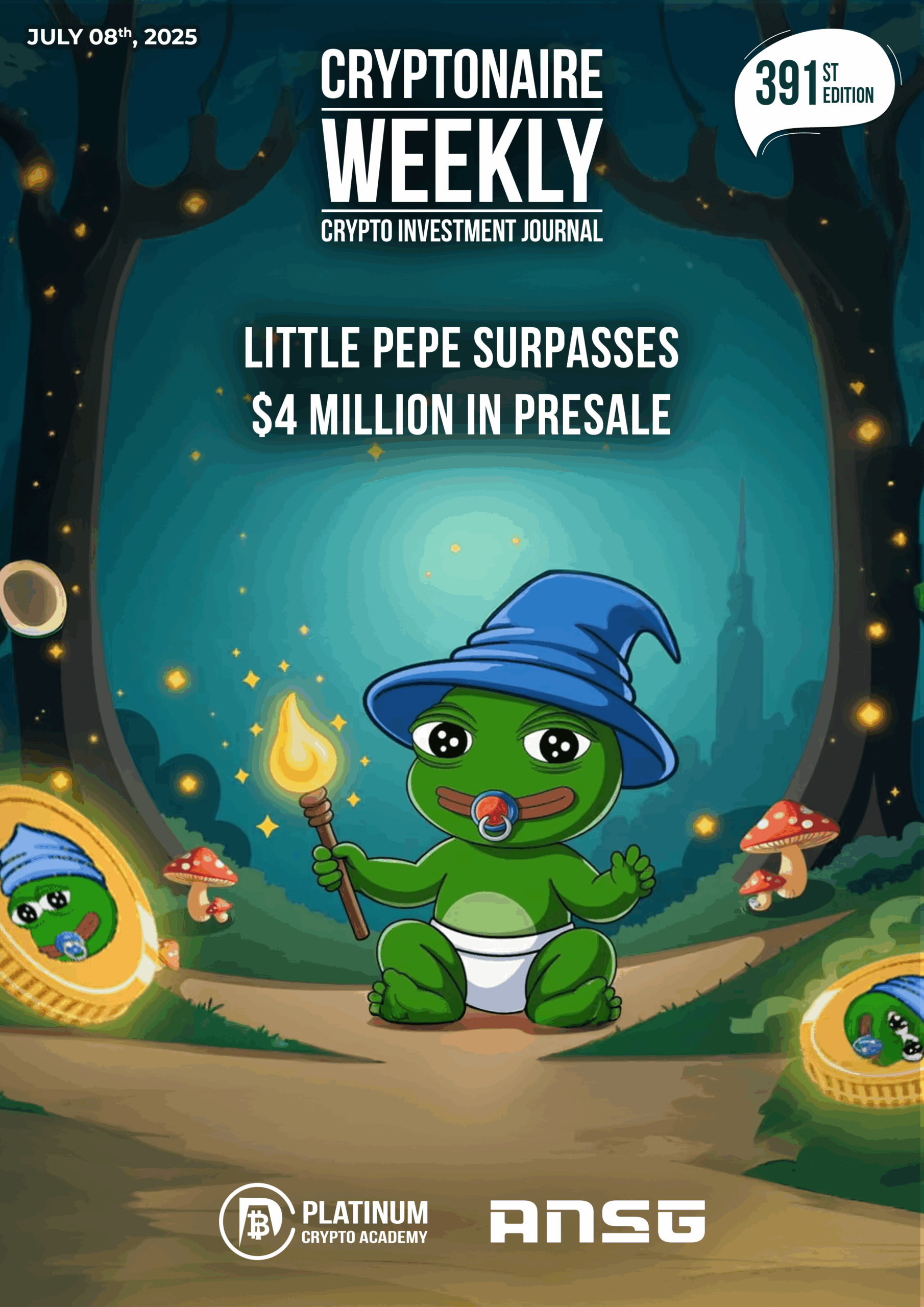Regardless of how familiar you might be with the ‘dark web’, it’s almost guaranteed that you’ve heard of the ‘Silk Road’. A defunct dark-web marketplace that was basically an online black market accessible to anyone that could work a Tor browser. As you’d expect from a black market, it had a wide arrange of products and services on offer, from illegal drugs (which made up 70% of the market), to forged driver’s licenses. This supposedly lawless black market at least had some rules however, as things like stolen credit cards, weapons, assassinations, and child pornography were strictly prohibited on the Silk Road, and anything else that’s purpose was to “harm or defraud”.
Silk Road’s notoriety spilled over to cryptocurrency as it used crypto as its main source of payment, hoping to protect its users from world governments and function as a ‘legitimate online black market’. This use of cryptocurrency still perhaps leaves a bad taste in the mouths of some crypto users today, as its use on the Silk Road gave the new currency standard a greatly negative view in the public eye being connected to such a marketplace; while others praise him as it gave a clear use-case for cryptocurrency to be used without the fear of governmental intervention, instilling an idea of freedom that has long-since been lost to time.
So, it’s no surprise that when Ross Ulbricht, the founder of the Silk Road, brings out his own NFTs it gets some major attention, both positive and negative. His collection features 11 handmade works of art created throughout his lifetime, from his childhood all the way up to his time in prison. His supporters have taken these pieces of art and minted them into NFTs which will be available for sale on the Superare NFT marketplace between December 2nd and 8th.
Proceeds from the auction will be added to a trust that’s sole purpose is to support the efforts for Ulbricht to be released from prison, as well as help to launch a charitable fund by the name of ‘Art4Giving’ which is “dedicated to relieving the suffering of the incarcerated and their families”.



